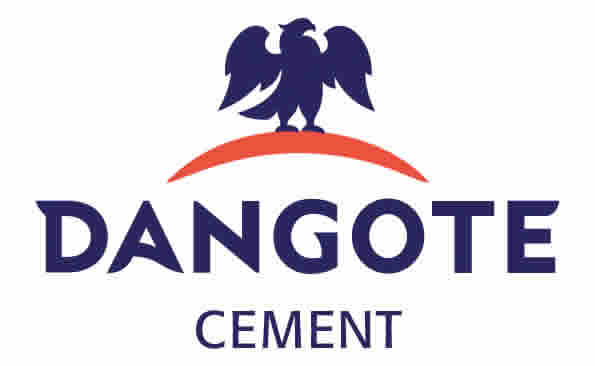In a significant address at the 12th Africa Cement Trade Summit in Abidjan, Arvind Pathak, Group Managing Director of Dangote Cement Plc, highlighted the cement industry’s substantial contribution to global carbon emissions, amounting to seven per cent. This revelation comes amid increasing awareness of the environmental impact of industrial processes, with Pathak emphasizing the urgent need for decarbonization as a necessity rather than an option.
Cement production involves a complex value chain, including energy-intensive stages such as raw materials’ mining, crushing, mixing, drying, firing, clinker grinding, packaging, and dispatch to customers. Pathak noted that cement production consumes significant thermal and electrical energy, leading to the emission of carbon dioxide (CO2) at nearly every stage. The firing process during clinker production in the kiln, in particular, contributes significantly to these emissions.
Dangote Cement, once the world’s largest bulk cement importers and now net exporters of cement to other countries, has taken proactive measures to address its carbon footprint. Pathak highlighted the company’s fuel substitution strategy, focusing on decreasing CO2 emissions. Through sustainability reporting, Dangote Cement discloses investment priorities and progress on projects aimed at tackling environmental challenges.
During the summit, Pathak presented a paper titled “Utilisation of Alternative Fuels as a Strategy for Sustainable Cement Production in Africa.” He emphasized the effectiveness of alternative fuels, such as municipal, agricultural, and industrial wastes, in reducing emissions. These alternatives, when compared to fossil fuels, emit less CO2 when combusted, with agricultural biomass being recognized as carbon-neutral.
As global cement consumption reached 4.2 billion tonnes in 2020 and is projected to grow with the rising population and urbanization, Pathak stressed the importance of incorporating alternative fuels into the industry’s fuel mix to address climate change concerns.
Dangote Cement’s commitment to decarbonization is evident in its sustainability reporting to the CDP (formerly the Carbon Disclosure Project), where the company received a B+ rating in 2022, showcasing continuous improvement in climate change action.
Pathak concluded by stating that decarbonization is no longer just a corporate responsibility but a vital component to future-proof businesses in a rapidly changing world. He emphasized the need for businesses to establish clear and detailed short-, medium-, and long-term targets and decarbonization strategies for each transition phase.
As the cement industry grapples with emissions challenges, Dangote Cement stands as a pioneer in Africa, contributing to the global effort to combat climate change while finding innovative solutions to waste management in the region.










